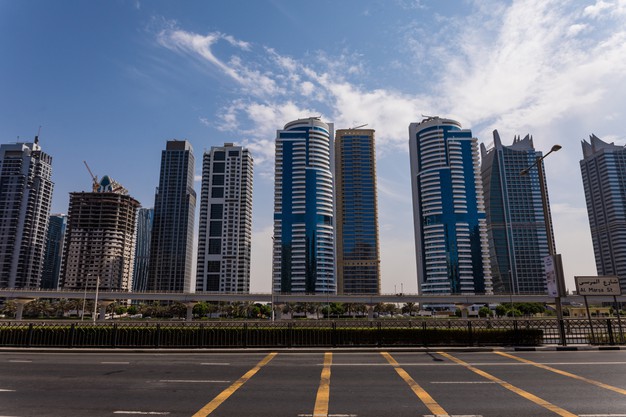
Due to oversupply, the market will continue to decline this year.
According to the real estate services company JLL, Dubai’s residential property sales prices have not reached the bottom yet and declines are likely to continue beyond 2021.
For the most part of the previous year the real estate market was subdued due to the coronavirus pandemic. During Q4 2020 rental prices declined by 12 percent compared to a year earlier, while sales prices dropped by only 8 percent.
JLL experts said, the emirate’s residential sector demonstrated resilience and movement towards the end of 2020 following the disruption caused by COVID-19. Nevertheless, price declines are still expected to continue.
JLL’s head of research for the Middle East and North Africa (MENA) region Dana Salbak pointed out, that prices in the rental sector are already four percent below the lowest point in the years 2010 and 2011, after the global financial crisis. However, sales prices are still 20 percent above those levels.
'That is not to say that the markets will drop a further 20 percent in 2021. The market has been resilient for sales prices, and transactions have picked up in the latter part of the year,' she said.
There will be further price declines in 2021, though these are most likely to be in single figures.
The issue of oversupply in Dubai still remains relevant. There are currently 600,000 residential units in the emirate's market and the figure is around half of that in Abu Dhabi. So oversupply of residential units, both villas and apartments, in Dubai is evident.
'That is going to put further downward pressure on the markets going forward,' she said. 'Yes, there is a lot of supply under construction so that it is likely to be phased out. We are seeing materialization of 40 percent, where projects are being put on hold, or delayed, or even projects that are finished are not being handed over for the sake of stabilization in the market.'
About 40,000 residential units were handed over in Dubai in the second half of 2020, compared to 4,000 in Abu Dhabi, which is a sign of greater control over the supply of properties in the capital.








































